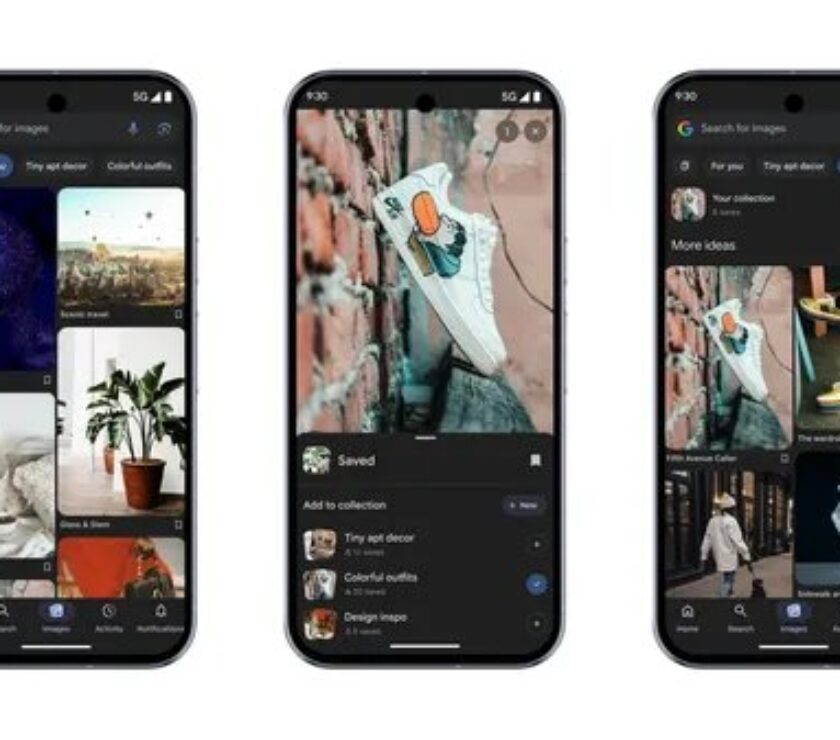The disruption of artificial intelligence is changing the rules of how users behave when conducting a search. Adapting to this new paradigm through Generative Engine Optimisation (GEO) is key to remaining dominant in the digital ecosystem where AI dominates content generation, creation, and selection.
Sara Frieben Follow
Digital Growth at Telefónica Innovación Digital.
Link copied.
According to data from the CIS in February 2025, 41% of the general population in Spain uses ChatGPT weekly, and 61% of users are between the ages of 18 and 24. This data highlights the high adoption rate of artificial intelligence, especially among younger people.
Unlike traditional SEO (Search Engine Optimisation), GEO is a set of techniques designed to improve the likelihood of content being referenced in generative search engines. We are therefore talking about a new discipline aimed at optimising the content of your website so that AI such as ChatGPT, Gemini or Perplexity select, cite or integrate it into their response. In other words, SEO seeks to position a web page in the top results of search engines such as Google, while GEO seeks to position and ensure that a brand’s messages are represented in the responses generated by artificial intelligence.
Generative search engines do not work in the same way as traditional ones. Instead of displaying a list of links, they synthesise information from various sources to provide a quick and direct response to the user. This presents us with a new challenge, as we no longer only have to position ourselves, but our content also has to be chosen and selected by different artificial intelligence tools.
To complicate matters further, we, the users, have changed the way we interact with information in a short period of time, and this has meant that traditional SEO, as we knew it, is no longer sufficient. We now have to integrate new positioning models into our strategy, because organic traffic to websites is declining, as we can now find answers without having to click.
GEO requires tailored strategies that, as we have seen, go beyond traditional SEO. We must adapt to this new environment and understand where the buyer persona really is. The reality is that people no longer just search for information on engines such as Google or Yahoo, but also on generative search engines and even social networks such as TikTok. Therefore, there are a number of recommendations that we should follow:
Faced with this new paradigm, we need to rethink our approach to SEO strategy, which is beginning to show signs of ageing, and evolve towards more dynamic models. The goal is no longer to appear in a list of links, but to be present in the responses provided by assistants, ensuring that we maximise visibility and authority in the generative search engines of the future.
Facing this new reality brings a number of challenges, from lower website traffic due to fewer clicks, which can also negatively impact advertising revenue and conversions, to a lack of control over content, as we cannot directly influence how AI displays information.
GEO is the evolution of SEO in an era dominated by artificial intelligence platforms that are gradually replacing search engines. As such, GEO is positioning itself as the new star of digital marketing. It is not just a trend; it is a necessity for any business that wants to remain competitive.
Share it on your social networks
Link copied.
Newsletter
Thank you for your sending
We have just sent you an email to confirm your subscription. If you are already subscribed to any of our sections this email will not reach you.
Word of the week
Creators
Most read in the last week :: TOP 5
Telefónica
Telefónica
Yanina Chalup
Irene Ferrer
Gaspar González Jurado-Gutiérrez
Related Content
July 26th, Meme Day
Telefónica
Difference between Web 3.0, Web 2.0 and Web 1.0
Telefónica
The 5 best free tools for Google SEO
Sara Frieben
Communication
Contact our communication department or requests additional material.
AUTOR
Thank you for your sending
We have just sent you an email to confirm your subscription. If you are already subscribed to any of our sections this email will not reach you.
To make our world more human, by connecting lives.
website SEOWebsite Traffic

